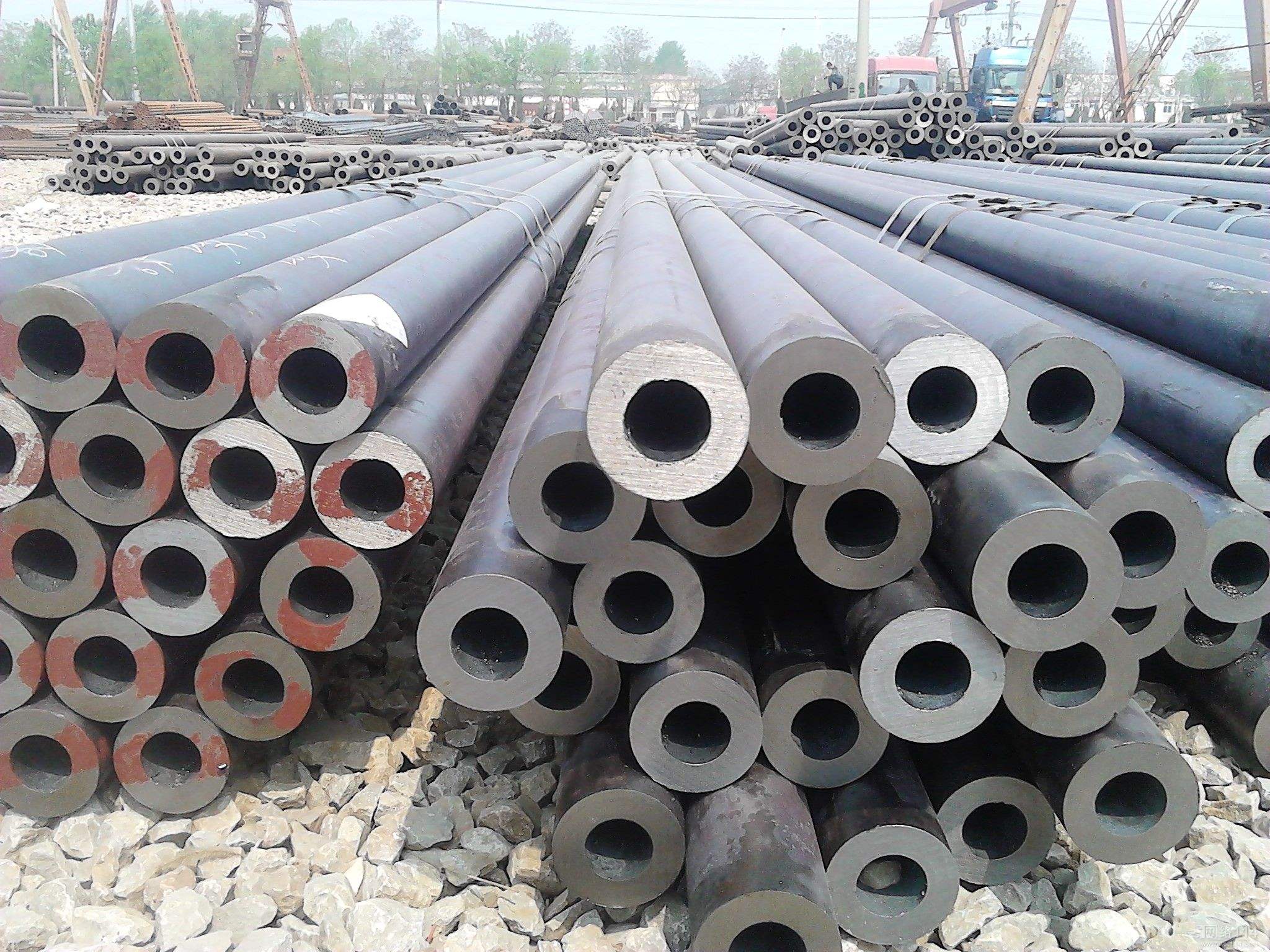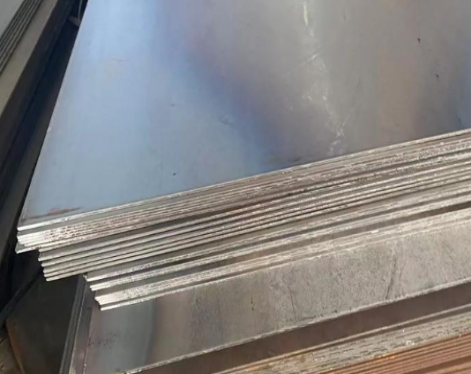Thermal expansion is a processing method of carbon steel pipe, which is to process small-diameter carbon steel pipe into large-diameter carbon steel pipe. The mechanical properties of hot-expanded carbon steel pipes are slightly worse than those of hot-rolled carbon steel pipes.
The two-step push-type pipe expanding machine used in thermal expansion steel pipe integrates cone die expansion technology, digital intermediate frequency induction heating technology and hydraulic technology in one machine. With its reasonable technology, low energy consumption, low construction investment, good product quality, wide range of raw materials and product specification applicability, flexible and variable low-input production batch adaptability and so on. In some respects, it replaces the traditional pull-type diameter expansion technology in the steel pipe industry.

Advantages of thermal expansion carbon steel pipe
It can damage the forging mechanism of the steel pipe, refine the grains of the heat-expanded steel pipe, and eliminate the defects of the microstructure, so that the structure of the heat-expanded steel pipe is dense and the mechanical properties are improved. This kind of improvement is mainly manifested in the rolling direction, so that the thermally expanded steel pipe will no longer be isotropic to a certain extent. The bubbles, cracks and looseness generated during pouring can also be welded under the effect of high temperature and pressure.
Disadvantages of thermal expansion carbon steel pipe
1. After thermal expansion, the non-metallic inclusions (mainly sulfides and oxides, and silicates) in the thermal expansion steel pipe are compressed into thin sheets, and a layered (interlayer) state emerges. Delamination greatly deteriorates the performance of thermally expanded steel pipes under tension along the thickness direction, and may cause interlayer tearing when the weld shrinks. The localized strain caused by weld shrinkage often reaches many times the yield point strain and is much larger than the strain caused by the load.
2. Residual stress caused by uneven cooling. The residual stress is the internal self-equilibrium stress under the action of no external force. Thermally expanded steel pipes of various cross-sections have this kind of residual stress. Generally, the larger the section size of the section steel, the greater the residual stress. Although the residual stress is self-equilibrium, it still interferes with the performance of steel components under the action of external force. For example, it will cause bad effects in fields such as deformation and impact resistance.
The two-step push-type pipe expanding machine used in thermal expansion steel pipe integrates cone die expansion technology, digital intermediate frequency induction heating technology and hydraulic technology in one machine. With its reasonable technology, low energy consumption, low construction investment, good product quality, wide range of raw materials and product specification applicability, flexible and variable low-input production batch adaptability and so on. In some respects, it replaces the traditional pull-type diameter expansion technology in the steel pipe industry.

Advantages of thermal expansion carbon steel pipe
It can damage the forging mechanism of the steel pipe, refine the grains of the heat-expanded steel pipe, and eliminate the defects of the microstructure, so that the structure of the heat-expanded steel pipe is dense and the mechanical properties are improved. This kind of improvement is mainly manifested in the rolling direction, so that the thermally expanded steel pipe will no longer be isotropic to a certain extent. The bubbles, cracks and looseness generated during pouring can also be welded under the effect of high temperature and pressure.
Disadvantages of thermal expansion carbon steel pipe
1. After thermal expansion, the non-metallic inclusions (mainly sulfides and oxides, and silicates) in the thermal expansion steel pipe are compressed into thin sheets, and a layered (interlayer) state emerges. Delamination greatly deteriorates the performance of thermally expanded steel pipes under tension along the thickness direction, and may cause interlayer tearing when the weld shrinks. The localized strain caused by weld shrinkage often reaches many times the yield point strain and is much larger than the strain caused by the load.
2. Residual stress caused by uneven cooling. The residual stress is the internal self-equilibrium stress under the action of no external force. Thermally expanded steel pipes of various cross-sections have this kind of residual stress. Generally, the larger the section size of the section steel, the greater the residual stress. Although the residual stress is self-equilibrium, it still interferes with the performance of steel components under the action of external force. For example, it will cause bad effects in fields such as deformation and impact resistance.









